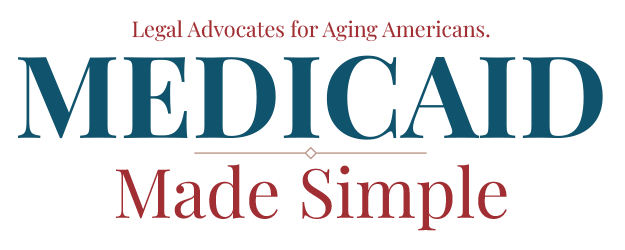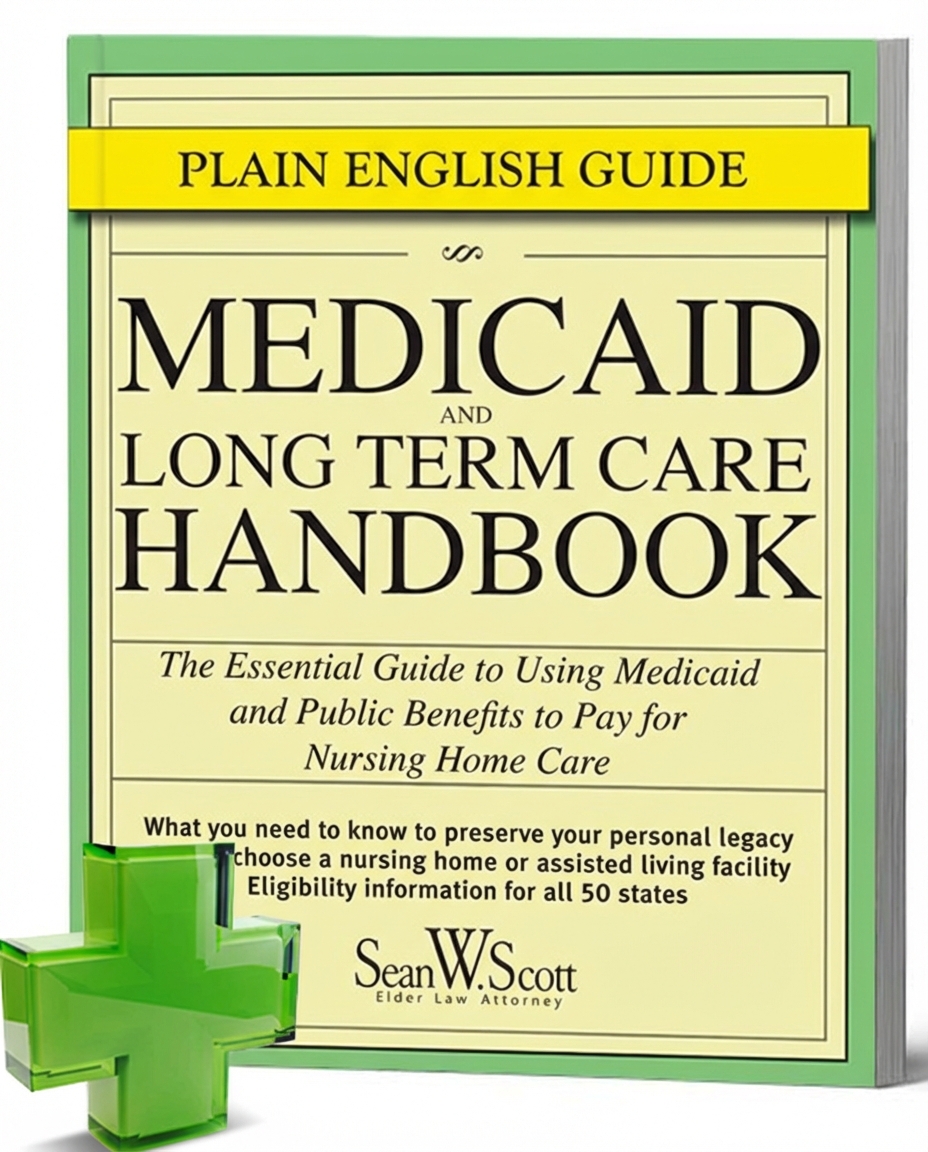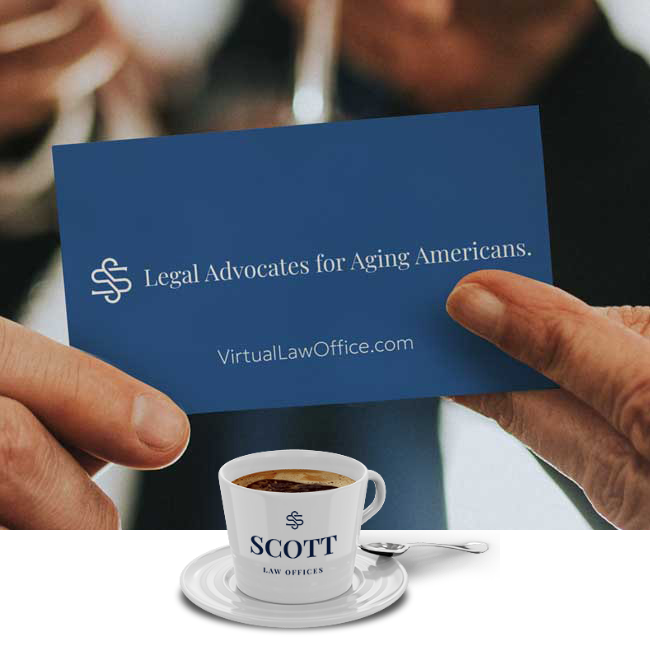
Trusted Elder Law Firm in Florida
When you're caring for an aging parent or a declining spouse, every decision feels urgent, and the stakes are high. As a trusted elder law firm in Florida, we can help you protect what matters most: your family, your home, and your peace of mind.
Whether overwhelmed by nursing home costs, trying to qualify for Medicaid, or unsure of what legal steps to take, this is the place to start. We're here to help you learn how Medicaid planning fits into your overall strategy.
You're not alone in this. Most families don't even think about elder law until a health crisis hits. Maybe you live in Seminole, Clearwater, Largo, or St. Petersburg and just found out your parent needs long-term care. Let's walk through what elder law means and how you can use it to protect your loved ones.
What Elder Law Covers and Why It Matters
Elder law is more than estate planning. It's a specialized area of law that helps you make smart, timely decisions about long-term care, Medicaid, and asset protection. If you're asking yourself, "Do I need an elder law attorney in Seminole, FL or Clearwater?" The answer depends on how quickly you want clarity and control during a high-stress time.
Elder Law Is About Crisis Management and Prevention
You don't need an elder lawyer just to draft a will. You need one when you're trying to figure out how to:
- Pay for a nursing home without going broke
- Navigate Florida's complex Medicaid system
- Make legal decisions on behalf of a parent or spouse
- Protect your home and life savings from being lost to care costs
If you're already facing these questions, you're in a moment of crisis, and legal support now can prevent bigger issues later.
What Does a Florida Elder Law Attorney Do?
As a FL elder law attorney, I've helped hundreds of families get ahead of a crisis. You might come in thinking you just need to fill out a Medicaid application or assign a power of attorney. But what you really need is a full strategy that covers benefits, financial protection, and legal control.
Here's what that might include:
- Creating a Durable Power of Attorney and Healthcare Surrogate
- Setting up a Qualified Income Trust (also called a Miller Trust)
- Legally transferring or shielding assets to meet Medicaid eligibility
- Filing and managing Medicaid applications
- Developing long-term protection plans for your spouse or children
Many clients begin the process feeling defeated. My role is to help you build a plan you didn't know was possible.
Why Families Wait and Why You Shouldn't
Most families wait until it's almost too late. A parent falls, is hospitalized, and suddenly needs 24/7 care. That care can cost over $12,000 a month in Florida. When families from Largo or St. Petersburg call me, they often think it's already too late. The truth is, even in a late-stage crisis, you have options.
Florida has rules. And if you don't know them, you'll miss out on protections that could save your family from financial devastation. That's why elder law exists and why it's crucial to work with someone who understands it inside and out.
Elder Law Isn't Just for the Elderly, It's for You
Even if you're in your 40s or 50s and caring for a parent, elder law matters now. You may not think of yourself as someone who needs legal help. But if you're Googling "elder lawyer near me," chances are you're already carrying the emotional and financial weight of someone else's care..
You don't have to figure it out alone. My office exists to guide you step by step through the legal, financial, and emotional chaos of long-term care planning.
FAQs: Elder Law and What You Need to Know
What's the difference between elder law and estate planning?
Estate planning focuses on what happens after someone passes away. Elder law focuses on protecting assets, benefits, and decision-making while someone is still alive. It especially focuses on age-related issues like long-term care and incapacity.
Can an elder law attorney help if my parent is already in a nursing home?
Absolutely. It is called Medicaid crisis planning. Even after someone enters a facility, it's often possible to protect income, qualify for benefits, and avoid spending down the entire estate. The key is acting quickly and getting experienced legal guidance.
What documents do I need to help my parent legally?
You need a durable power of attorney and a healthcare surrogate designation at a minimum. These documents allow you to manage finances and make medical decisions if your parent can't.
Without them, you may need court involvement, which is costly and time-consuming. You can review Florida's advance directive guide to understand these forms better.
Take Control of the Situation Today
If you're feeling overwhelmed, you're not alone. Families across Florida, from Clearwater to St. Petersburg, are dealing with the same fears. Will we lose everything to nursing home costs? Is it too late to get Medicaid?
What should I do next? Now is the time to act. The earlier you get legal support, the more options you have and the more peace of mind you'll gain. Schedule a consultation today to talk about your family, your concerns, and your next step.



